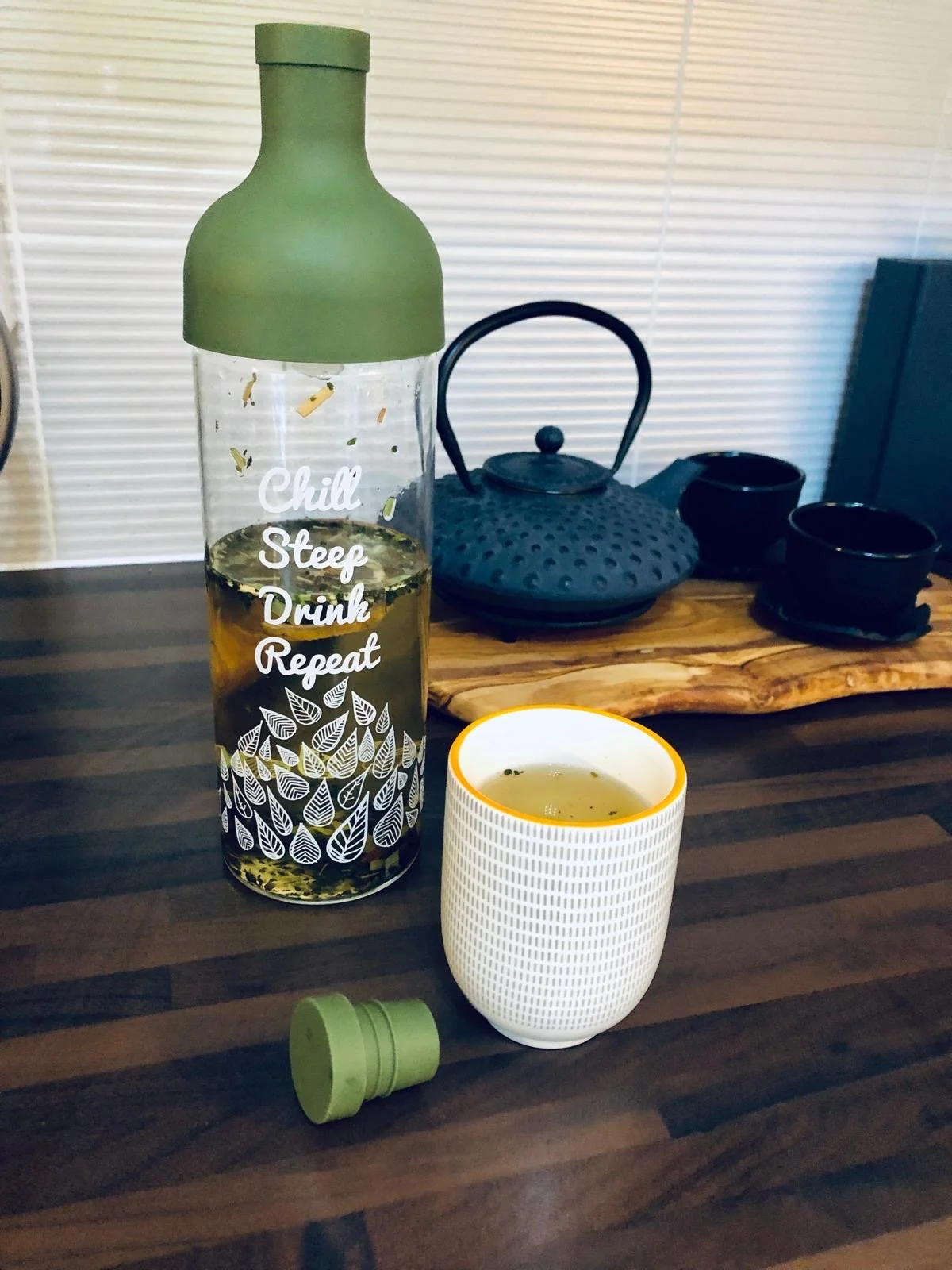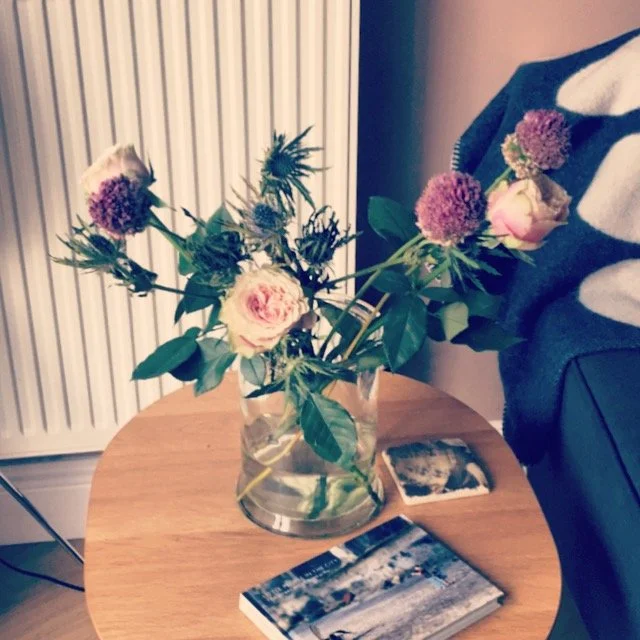Not Bubble Baths! Proven Self-Care Strategies That Work
The Wake-Up Call That Changed Everything
Someone asked me a simple question which has stuck with me ever since and changed my life.
Such a simple question, yet I was left tongue-tied: “What do you do for self-care?”
I didn’t have an answer. I’d been so busy; I’d wake up tired, skip breakfast/stand in my kitchen eating something fast, before rushing off, often late for another jam-packed day. I’d work through lunch, which I thought was a badge of honour, cancel plans with friends and family to catch up on work or chores, and collapse into bed late at night to doom scroll, fall asleep shattered and start the cycle again the next day. I believed I was being productive, responsible and strong, but I was running on empty.
It came to a head over a situation which could easily have been avoided. Someone bumped into my car, which they accepted full fault, only to receive a call from their insurance company to say that I wasn’t insured, of course I was….to realised when I checked that I somehow failed to MOT’s my new car (which was now over 3 years old), pay my road tax, or informed the licensing agency that I had moved house. I felt my world fall apart and imagined that I would be sent to prison, have a criminal record, lose my job etc. The stress broke me, and my parents came to my workplace to pick me up, as I was so distraught that I couldn’t think straight.
The reality was so different to the disaster in my head. Everyone was incredibly understanding and kind. My insurance company knew this was a genuine mistake, my car passed its MOT the same day, my license was updated, and my tax paid without fuss. It was so humbling how sympathetic everyone was, and the time they took to help me. The only person judging me was me! I felt deeply ashamed and sick to my stomach.
Still, the damage was done. This incident exposed the truth that I had abandoned myself. I was burnt out, disorganised and incapable of dealing with life’s curveballs.
When I turned to a friend, he simply asked: “What do you do for self-care?” I was speechless, it was like I didn’t understand the question, and I think I asked, “What do you mean?” The thought of sitting in a bubble bath made me scoff…I certainly don’t have time for that and didn’t want to sit still and ruminate about what an irresponsible fool I’d been.
I realised that I didn’t have anything ‘self-care’ and was facing a harsh truth that by neglecting self-care, I’d been running on empty. This was my “wake-up call” to realise the importance of self-care. Why did I let it get this far? And what is self-care, beyond the clichéd advice of bubble baths and face masks?
This post shares effective forms of self-care, the psychological barriers that keep us from it, and the rich psychology and philosophy behind why self-care is vital for a meaningful, healthy life.
Self-Care: More Than Spa Days and Scented Candles
Self-care isn’t just about bubble baths and luxury lotions. At its core, it’s:
The ability to look after yourself through awareness, self-control and self-reliance, to maintain or improve your health and well-being.
That means three things:
Self-awareness – recognising your needs
Self-control – taking action to meet them
Self-reliance – accepting that it’s your responsibility to care for yourself
And no, it’s not selfish. The better you care for yourself, the more capable you are of caring for others.
Internal Link Suggestion: Link the phrase “self-care” to a general overview article you may have (e.g., “What Self-Care Really Means”).
Five Pillars of Effective Self-Care
1) Physical Self-Care
Regular movement (walking, running, yoga, whatever you enjoy)
Sufficient sleep
Balanced nutrition and hydration
Keeping up with health check-ups, prescriptions and basic maintenance
Tea rituals can be a simple an inexpensive way to relax and give yourself mindful time.
2) Emotional & Mental Self-Care
Mindfulness or meditation
Journaling or creative hobbies
Therapy or coaching
Taking breaks before you reach breaking point
3) Social Self-Care
Nurturing the relationships that matter
Setting boundaries with draining people or situations
Making time for meaningful connections
Asking for help when needed
Time with people who leave you feeling seen and uplifted.
4) Spiritual & Values-Based Self-Care
Living in line with your values
Spending time in nature, prayer, or quiet reflection
Reading or learning that inspires you
Contributing to something bigger than yourself
Time doing the things that bring you true joy.
Why We Neglect Ourselves
Even knowing the benefits, many of us still skip self-care because of:
Guilt: feeling it’s selfish to put yourself first
Over-responsibility: believing you must always be the strong one
Habit: running on autopilot
Hustle culture: glorifying busyness over rest
Survival mode: feeling too overwhelmed to pause
Recognising these barriers is the first step in dismantling them.
5. Environmental Self-Care
The spaces we inhabit affect our mood, energy, and ability to function. Environmental self-care is about creating surroundings that support your well-being.
Declutter your living or work space
Bring in natural light and fresh air
Add calming elements like plants or scents you enjoy…okay, your candles! 😁
Create designated “rest zones” where you can truly relax
Research shows that a tidy, pleasant environment reduces stress and boosts productivity. Even small changes, like making your bed, lighting a candle, or rearranging your desk, can improve your mental state.
Treat yourself to the things you’d buy for others to show them that you care.
Five Steps to Building a Lasting Self-Care Routine
Identify what’s draining you, be honest about your stressors.
Audit your habits, notice which ones help and which ones harm.
Gather inspiration, ask friends or explore ideas that resonate with you.
Make a realistic plan, start small and be consistent.
Get support, share your goals with someone who’ll cheer you on.
Start off with a small step, stacking habits and giving yourself time.
Ancient Wisdom, Modern Activism
From Socrates to Audre Lorde, self-care has been seen as both a moral duty and a radical act.
The ancient Greeks believed caring for yourself was the foundation of caring for others.
Lorde reframed it as self-preservation in a world that often demands self-sacrifice, a bold statement that your life matters.
Both perspectives remind us: self-care isn’t indulgence. It’s survival.
FAQs:
Q1: How much time should I spend on self-care daily?
Even ten to fifteen minutes a day makes a difference if you’re consistent.
Q2: Is self-care the same as self-indulgence?
No, self-care sustains your health; indulgence can sometimes harm it.
Q3: Can I practise self-care without spending money?
Absolutely, a walk, journaling, stretching or deep breathing are all free.
Q4: Will self-care make me more productive?
Yes, rest and balance improve focus, creativity and energy.
Q5: How do I know what works for me?
Experiment, reflect, and keep what genuinely restores you.
Q6: What if I feel guilty?
Remind yourself: caring for yourself benefits everyone who depends on you.
The Takeaway
Self-care isn’t something you ‘earn’ after working hard. It’s maintenance for your body, mind, and spirit, as essential as putting fuel in a car.
“An empty lantern provides no light. Self-care is the fuel that allows your light to shine brightly.”
Make that fuel a priority. Your future self will thank you.
What can you do today to fuel your lantern?






